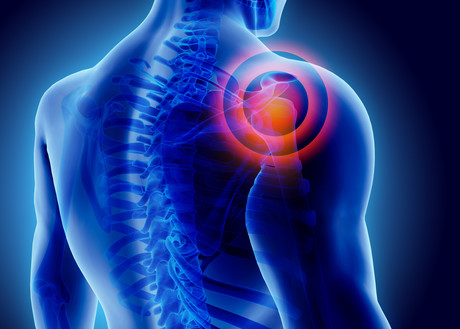Tackling arthritis risks for tradies

Due to the physically demanding nature of their work, tradies are particularly susceptible to developing arthritis.
In an effort to educate workers on maintaining better health practices, CSR Gyprock and Arthritis NSW have joined forces to create a series of videos that demonstrate warm-up and cool-down exercises.
The two organisations aim to inform plasterers of best practices to assist in preventing and managing the condition, with the aim of prolonging their career and improving general wellbeing.
Regular exercise and stretching has been found to improve joint mobility, flexibility, muscular strength, posture and balance. To prevent, protect and reduce the impact of arthritis, health professional Andrew Cairns, Health Services Manager at Arthritis NSW, has overseen the development of the videos. They demonstrate stretching and safe lifting techniques — which tradespeople can easily adopt prior to working on the tools. These can be accessed via Club Gyprock or the Arthritis NSW website.
“The exercises are easy to implement on a daily basis, taking around 10 minutes a day, and can have a profound effect on minimising injury, maintaining correct posture and ensuring longevity in the workplace,” said Cairns.
“After a hard day’s work, spending 10–15 minutes in a heated pool doing simple stretching will help to maintain proper function and sooth sore joints. A warm shower can also be effective for sore joints.”
According to Safe Work Australia, between 2010–2011 and 2014–2015, tradies made up 30% of Australia’s workforce, but represented 58% of serious claims for workers compensation. The incidence rate was three times the rate of all other occupations with around 190 serious claims made each day.
Musculoskeletal disorders, the most common type being arthritis, are a serious health problem that makes up 15% of the compensation claims. Arthritis involves inflammation of the joints, causing pain, stiffness and disability. Due to its progressive nature and chronicity, the cost of treating and living with arthritis is higher than any other chronic illness.
By 2050, Arthritis NSW projects that there will be seven million people affected by arthritis, with 2.4 million being of working age — that’s 11% of the workforce. Beyond the impact on the individual, there are significant impacts to business, the health system and the economy. Over half of $7.6 billion related to arthritis is attributed to productivity costs reflecting reduced employment rates and an increase in absenteeism, resulting from arthritic conditions.
LGBTIQ+ workers are 1.5x more likely to experience discrimination and/or harassment
Australian data released today reveals that LGBTIQ+ people are 1.5 times more likely than...
Victoria in 2025: $17m+ in penalties and 137 prosecutions and enforceable undertakings
Victoria had more than $17 million in penalties for unsafe work last year, with 137 prosecutions...
Is reporting workplace sexual harassment 'worth it'?
Two Australian studies (one a survey of over 200 workers) set out to understand why most people...








